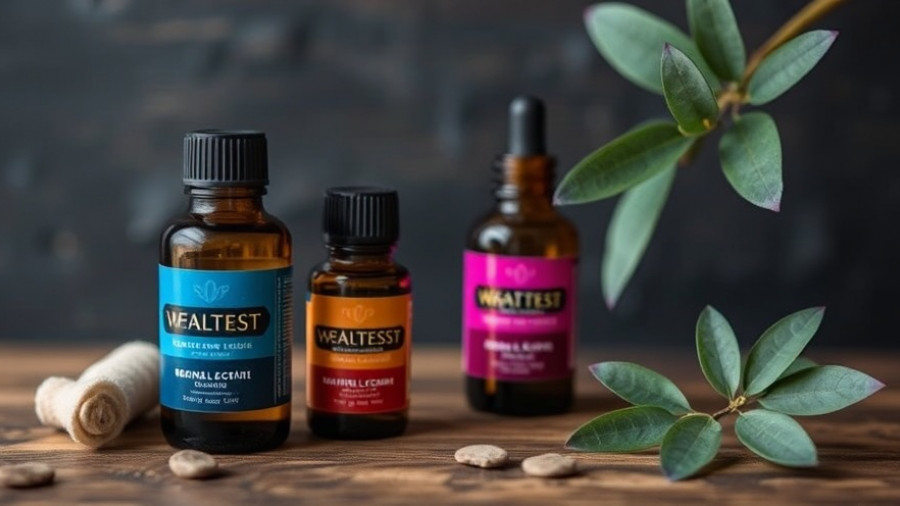
Essential Oils and Their Hidden Risks: What You Need to Know
The rise of essential oils in holistic health circles has led many practitioners and patients to embrace these potent plant extracts for various therapeutic benefits. However, it’s crucial to understand that with great power comes great responsibility. Many individuals overlook the potential risks associated with essential oils, which can turn their natural remedies into toxic experiences if not handled properly.
The Importance of Dilution
Many essential oils are highly concentrated and can cause skin irritations or more severe reactions when used undiluted. It’s generally recommended to dilute oils below 5% when applying them topically. For instance, diluting at 1% means adding just six drops of essential oil to one ounce of carrier oil. Carrier oils, such as almond or jojoba oil, not only help spread the mixture but significantly reduce the likelihood of adverse reactions.
Avoiding Photosensitive Oils
Among the essential oils, certain citrus types can cause phototoxic reactions, leading to severe burns if exposed to sunlight afterward. Oils such as lemongrass or lemon should be strictly avoided before sun exposure unless properly diluted. Always check whether the oil is expressed or steam-distilled, as this significantly affects its safety profile. With an uptick in essential oil usage, awareness of such properties is crucial to safely enjoying their potent benefits.
Child and Pet Safety Must Be a Priority
As essential oils find their way into households, it’s vital for practitioners and patients alike to consider safety concerning children and pets. Infants, with their underdeveloped immune systems, are more vulnerable to the effects of essential oils. Therefore, practitioners should guide families on recommended dilution ratios to ensure safety. Popular oils that should never be used around young children include eucalyptus and peppermint, which can be downright harmful. Always consult a naturopathic doctor when introducing essential oils in homes with vulnerable populations.
Conclusion: Embracing Knowledge for Safe Use
Essential oils can undoubtedly enhance wellness practices when used correctly. However, both patients and practitioners must be informed about the risks. If you're contemplating incorporating essential oils into your routine, consult with a naturopathic doctor to obtain tailored advice and recommendations suited to your needs. With proper education and precautions, you can integrate these powerful oils into your life safely. Explore various holistic health options available and ensure you have all the necessary knowledge to embrace the full benefits of essential oils.
 Add Row
Add Row  Add
Add 




Write A Comment